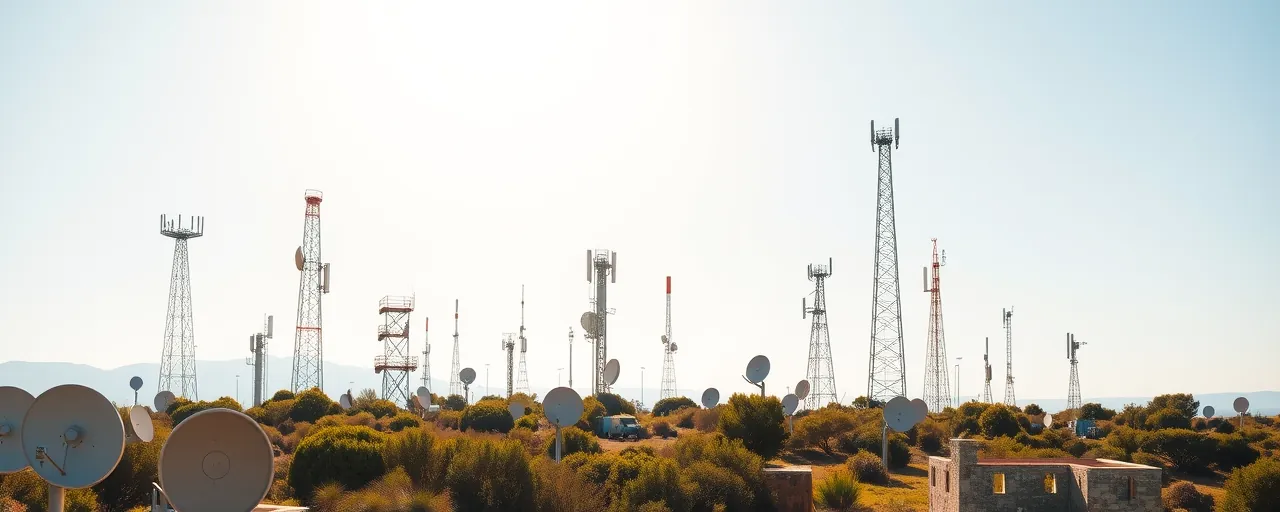A Long-Overdue Reckoning for Public Broadcasting
President Trump’s executive order, signed on May 2, 2025, to end taxpayer funding for National Public Radio (NPR) and the Public Broadcasting Service (PBS) is a decisive strike against a system that’s been fleecing Americans for decades. These outlets, propped up by tens of millions in public dollars annually, have veered far from their original mission of impartial education and civic discourse. Instead, they’ve become megaphones for radical ideologies, peddling content that alienates millions while demanding we foot the bill.
The move isn’t just about saving money; it’s about restoring fairness. For too long, NPR and PBS have operated under the guise of 'public service' while promoting narratives that clash with the values of many Americans. From stories questioning the Declaration of Independence’s integrity to segments celebrating fringe cultural trends, these broadcasters have shown a clear pattern of prioritizing ideology over objectivity. The White House’s action signals that taxpayers won’t be forced to subsidize media that undermines their principles.
This isn’t a sudden whim. The executive order reflects years of growing frustration with public broadcasting’s refusal to reflect the diversity of American thought. When a 25-year veteran NPR editor revealed in 2024 that the newsroom had zero registered Republicans compared to 87 Democrats, it confirmed what many suspected: NPR and PBS aren’t serving the public; they’re serving a narrow, urban elite. The time for accountability has come.
A Catalog of Bias and Absurdity
The evidence of NPR and PBS’s overreach is staggering. Consider NPR’s story titled 'Cannibalism: It’s Perfectly Natural,' which casually described eating a human placenta as if it were a gourmet dish. Or PBS’s panel on 'white privilege,' which framed entire demographics as inherently flawed. These aren’t isolated missteps; they’re part of a broader pattern where public broadcasters amplify divisive, often bizarre, narratives while dismissing mainstream American values.
NPR’s coverage of the Declaration of Independence is particularly galling. In 2021, they labeled it a flawed document riddled with 'deeply ingrained hypocrisies,' and by 2022, they ditched their tradition of reading it on Independence Day to focus on vague notions of 'equality.' This isn’t journalism; it’s revisionism, designed to erode national pride. Add to that NPR’s apology for using the term 'illegal' to describe illegal immigrants and their obsession with niche topics like 'trans-ceratops' or 'queer ducks,' and it’s clear these outlets are more interested in cultural crusades than informing the public.
PBS isn’t any better. Their 2021 children’s program featuring a drag queen named 'Lil’ Miss Hot Mess' raised eyebrows, as did their documentary pushing reparations. A 2024 Media Research Center study found PBS’s coverage of the Republican National Convention was 72% negative, while the Democratic National Convention enjoyed 88% positive spin. This isn’t balance; it’s propaganda, paid for by you and me.
Why Taxpayers Shouldn’t Pay for Propaganda
The case for defunding NPR and PBS rests on a simple principle: taxpayers shouldn’t be forced to bankroll media that promotes one-sided agendas. The Corporation for Public Broadcasting receives about $535 million annually, with 70% going to local stations. But when those stations air content that consistently tilts in one ideological direction, it’s not serving the public interest; it’s serving a political machine. The 2023 finding that PBS’s flagship news program gave 85% negative coverage to congressional Republicans while Democrats enjoyed 54% positive coverage underscores this betrayal.
Advocates for public broadcasting argue it’s essential for local news and educational programming, especially in rural areas. They claim NPR and PBS fill gaps left by commercial media, providing emergency information and kids’ shows like PBS Kids. But this argument ignores the reality of today’s media landscape. Streaming platforms, podcasts, and independent outlets offer more diverse content than ever before. Why should taxpayers fund broadcasters who lecture us on 'fatphobia' in doorway sizes or the racism of thumbs-up emojis when we can access better alternatives for free?
The claim that defunding will create 'news deserts' doesn’t hold up either. Local stations can adapt by seeking private donations or corporate sponsorships, just as countless independent media outlets do. If NPR and PBS are as beloved as their defenders claim, they’ll survive without government handouts. If they can’t, maybe it’s because their content doesn’t resonate with the Americans they claim to serve.
A History of Broken Trust
The debate over public broadcasting’s role isn’t new. Since the Public Broadcasting Act of 1967, conservatives have raised alarms about bias, from Nixon’s push for cuts to Reagan’s budget battles. Each time, public broadcasters promised neutrality but delivered more of the same. The 2020 election cycle exposed NPR’s gatekeeping when they refused to cover the Hunter Biden laptop story, dismissing it as a 'distraction.' Meanwhile, they ran countless segments on the now-discredited Russian collusion narrative, parroting talking points from partisan figures.
NPR’s former CEO Katherine Maher didn’t help matters. Her public disdain for 'reverence for the truth' and her ties to activist groups revealed a leadership more interested in advocacy than journalism. When the FBI, CIA, and Department of Energy concluded that COVID-19 likely originated in a lab, NPR clung to debunked narratives, downplaying the lab-leak theory for years. This isn’t about honest mistakes; it’s about a deliberate choice to prioritize narrative over evidence.
The Path Forward: Fairness and Freedom
President Trump’s executive order is a bold step toward a fairer media landscape. By cutting off NPR and PBS’s taxpayer lifeline, the administration is sending a clear message: public funds are for public good, not ideological crusades. This move aligns with Project 2025’s vision to revoke public broadcasting’s privileged radio spectrum status, opening those frequencies to diverse voices, including religious broadcasters who’ve long been sidelined.
The fight isn’t over. Legal challenges and congressional battles loom, as defenders of NPR and PBS will argue that their programming is indispensable. But Americans deserve better than media that lectures them on 'nonbinary deer' or the evils of pursuing health. We deserve a system that respects our values and our wallets. Defunding NPR and PBS is the first step toward that future.
